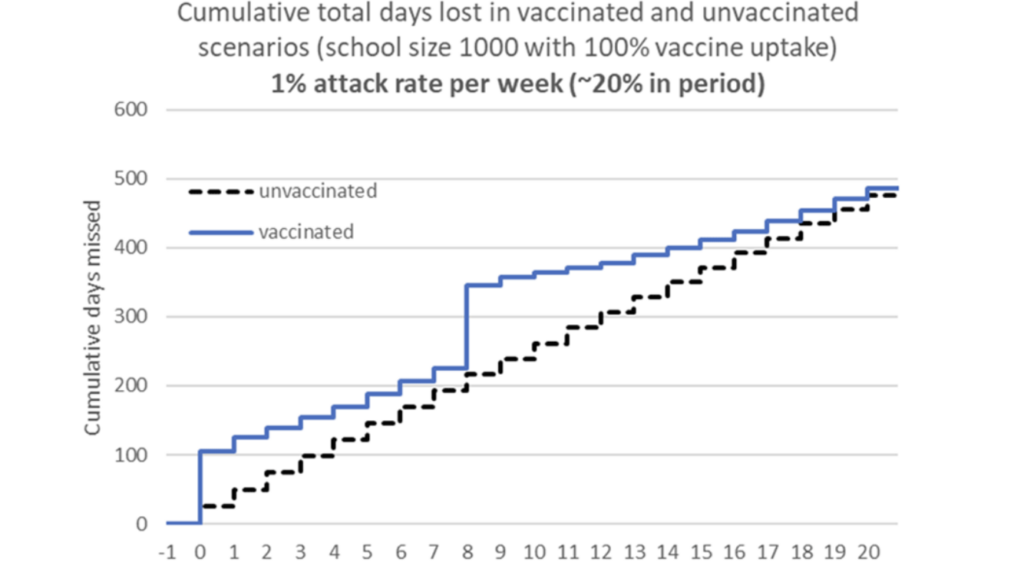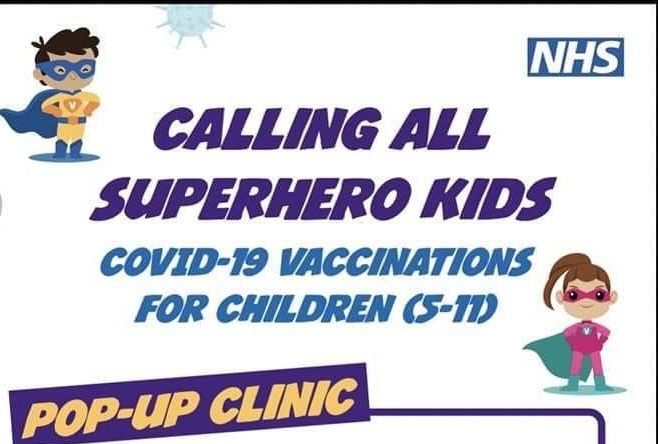
Egregious coercion from health services shows disregard for informed consent
When in February, the JCVI recommended covid vaccines for children aged 5-11, they described it as a ‘non-urgent offer’. Reading the whole briefing document reflects how luke-warm the committee were about the importance of the vaccine young children. Indeed, it is noteworthy that, unlike for 12-17s, the vaccination programme has not been set up in schools, rather left to parents to respond to invitation letters and book an appointment. They also stated:
“In all instances, the offer of vaccination must be accompanied by appropriate information to enable children, and those with parental responsibility, to provide informed consent prior to vaccination.”
In mainland Britain, the rollout was delayed until April, but in Northern Ireland implementation began straight away and health ‘experts’ were concerned at the low rollout which only reached 1.39% in the first month.
But given the latest report from the MRC biostatistics unit estimated that >95% of school children have already had SARS-CoV-2 infection, surely this low uptake reflects many parents making an ‘informed choice’.
But it appears that some health authorities do not understand that coercion or inducement play no part in informed consent. Several vaccination centres have brought in a ‘therapy dog’ to calm anxious children. No doubt news of this will travel fast to their school friends.
Children in South East London have received their own invitation letter, adorned with the NHS rainbow and with a free sunflower seed and competition! The letter weblink includes this FAQ.
“Q: My child is healthy. What are the benefits of them having the COVID-19 vaccine?
A. As well as protecting children and young people against serious COVID infection, by getting vaccinated, children and young people can reduce the risk of passing on the infection to others in their family and those they come into contact with.
Getting the vaccine can also make it easier for children and young people to avoid putting their lives and their education on hold because of further disruption to schools, hobbies and social events due to the virus.”
The first sentence does not fit with the evidence that the vaccines cannot prevent infection and transmission, and is in itself putting an emotional pressure on children to be vaccinated for the benefit of others.
The second sentence is not in line with the JCVI’s own February statement in which they modelled time off school and showed no benefit.

HART members are not alone in thinking there is something obscene in the NHS actively pushing these unnecessary drugs on young children.


